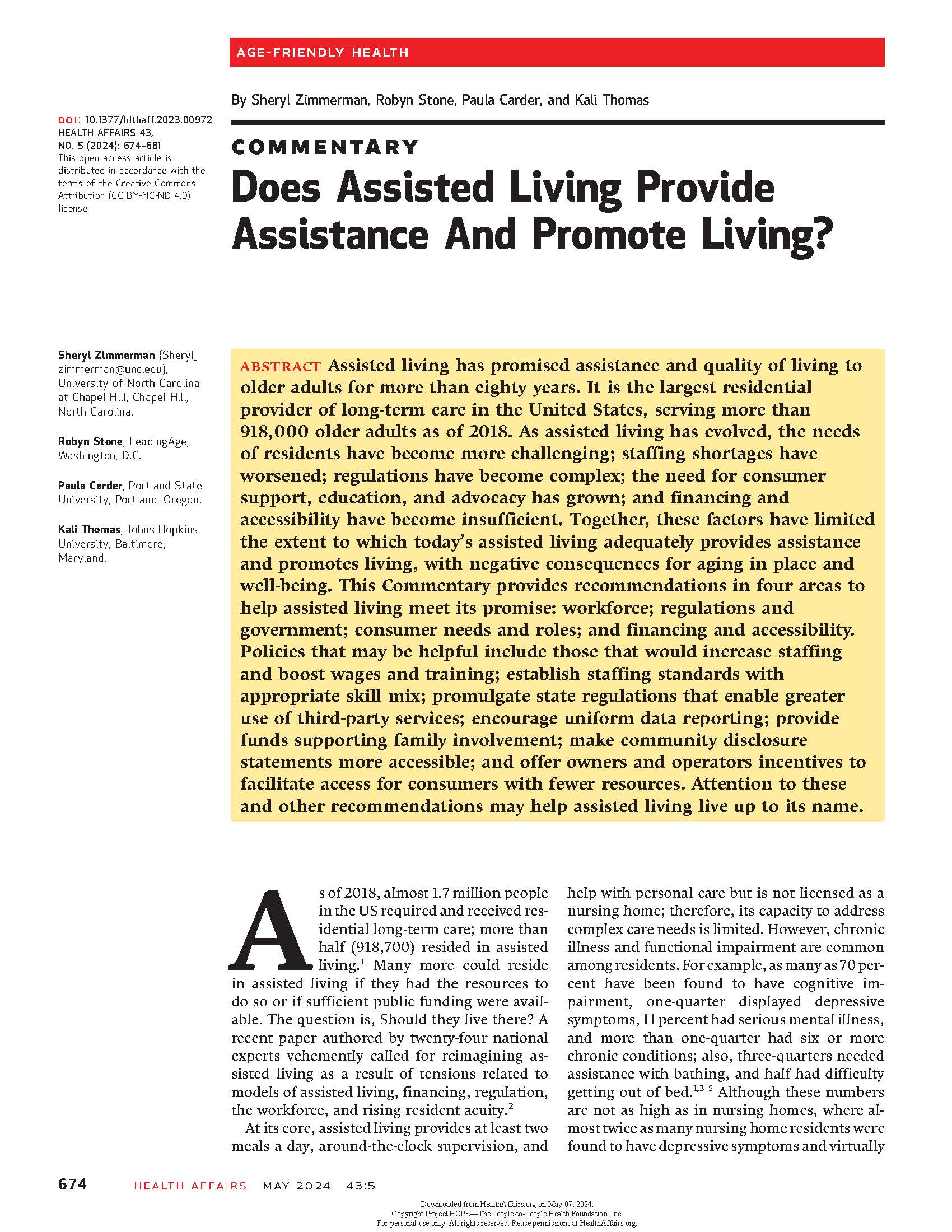Age-related changes shape social connectedness, isolation and loneliness among older adults. Ageing often accompanies decisions about ageing in place or moving (i.e. senior living facility). Scant research compares these two living arrangements and even sparser research focuses on older women. This study, thus, poses the following questions: How do older women (aged 75+ years) experience social connectedness and perceived isolation? How does this experience vary between older women living alone in private homes and those living in assisted living facilities? Data include semi-structured interviews with women aged 75+ years who live alone in a private home or in an assisted living facility (N = 16). Findings revealed differences in three aspects of social connectedness: interactions, relationships and belonging. Private home participants’ interactions underscored intentionality, with minimal investment in forging new or deeper relationships and an emphasis on belonging to the world through awareness, contribution and cognitive ability. The experiences of participants living in assisted living were characterised by availability of interactions and casual relationships. They emphasised belonging to the facility community, while positioning themselves between the status of resident and staff. Surprisingly, most participants in both groups did not express feelings of perceived isolation. Both had adapted their social connectedness expectations to reflect their current situation.

Center for Excellence in Assisted Living CEAL@UNC
Advancing the well-being of the people who live and work in assisted living through research, practice, and policy.

